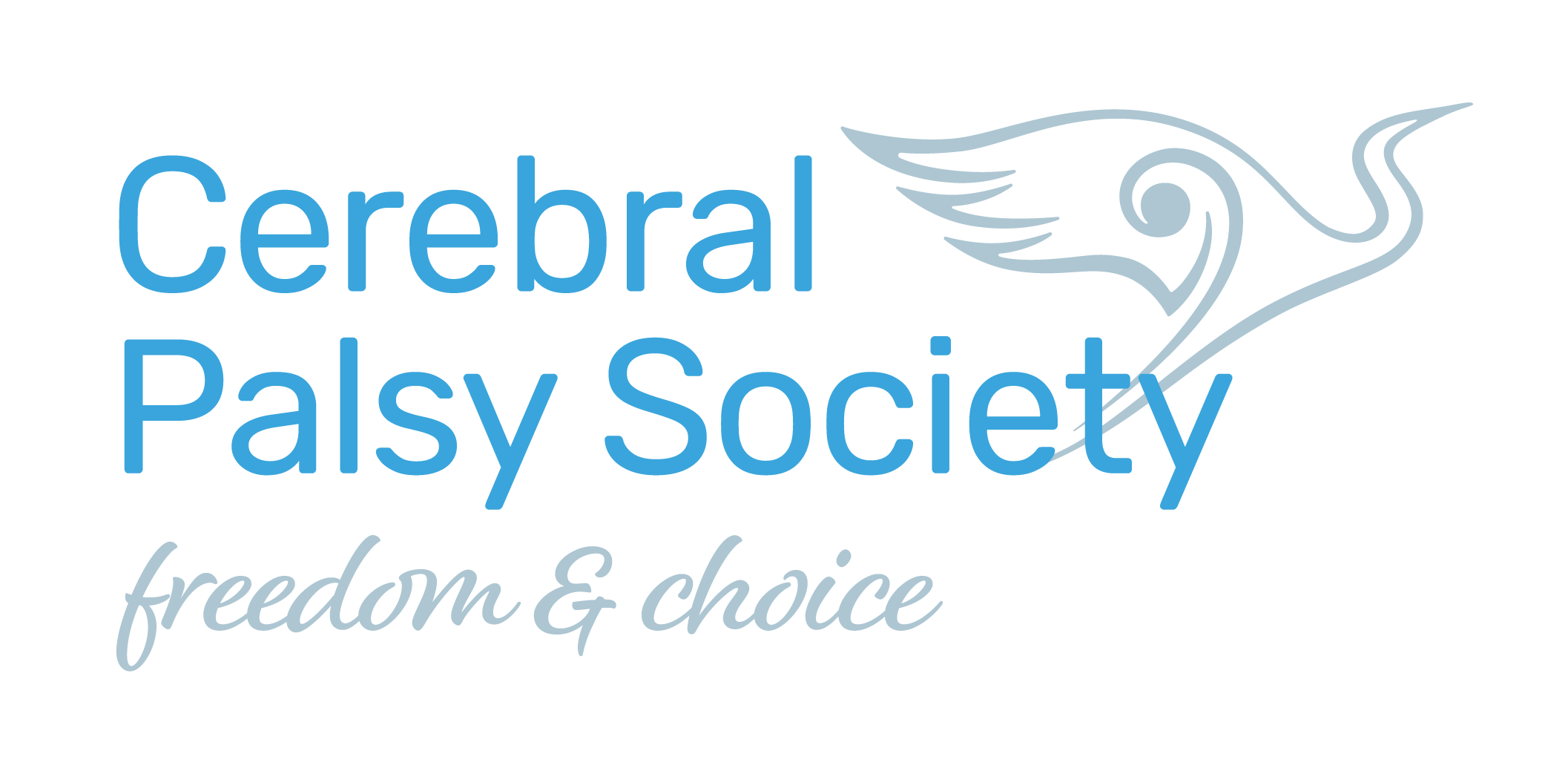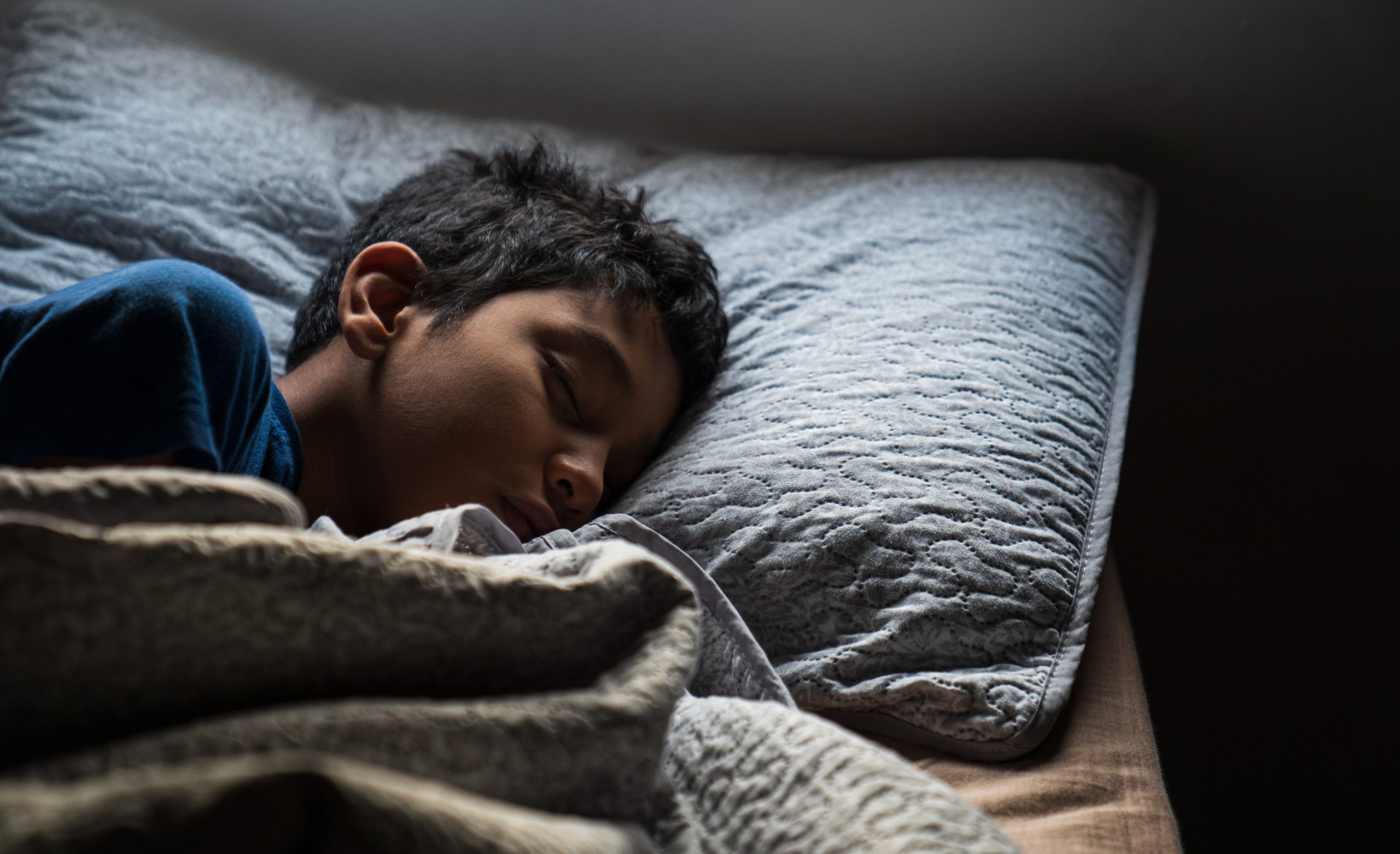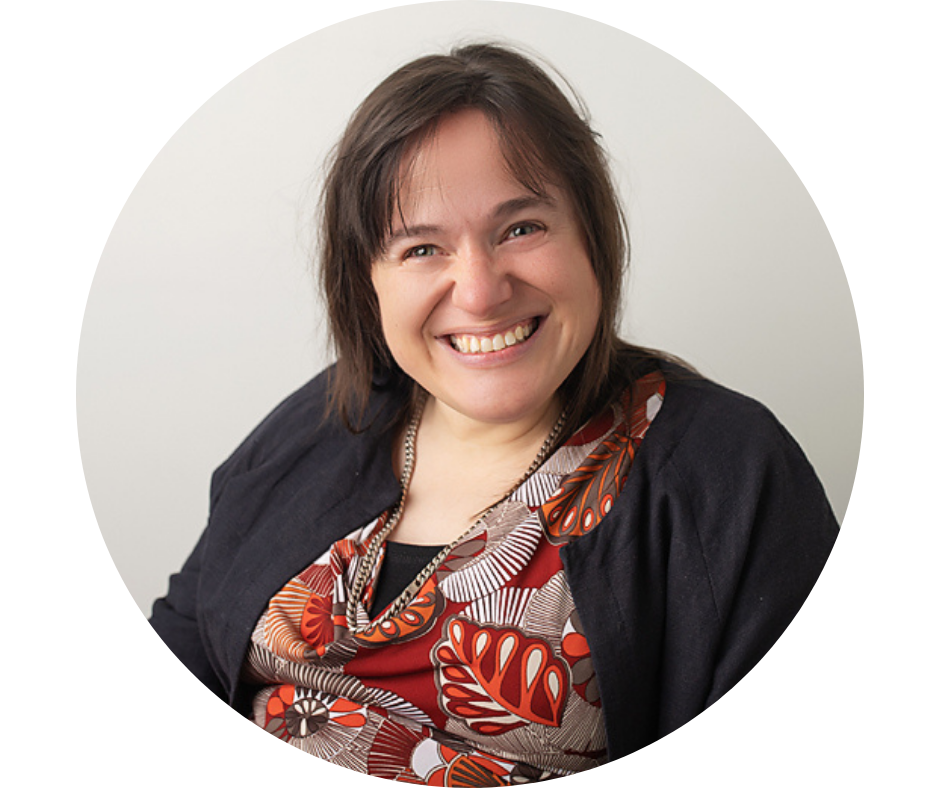Research
The challenges of fatigue and sleep
05 Jul 2022
Low energy levels can make it hard to get through every day activities.
By Amy Hogan
Sleep is an opportunity for the body and mind to recover and regenerate.
In 2021, a 24-hour activity guideline for Cerebral Palsy (CP) was developed that brought together several elements researchers have been studying for decades.
It has long been recognised that people living with conditions like CP find it difficult to meet physical activity recommendations.
However, one of the most unrecognised aspects is the importance of elements that go into making someone physically active.
It is not simply a matter of targeting exercise for different levels of CP.
There is increasing research that is looking at the underlying elements of sleep and nutrition in CP.
Previous guidelines of these factors were developed around typically developing children, adolescents, or adults.
Sleep and Cerebral Palsy overview
Sleep presents an important opportunity for the body and mind to recover and regenerate.
Recent evidence shows that people with CP experience reduced sleep quantity and quality.
There are several factors that go into how CP influences, and ultimately disrupts, sleep.
Children and young people can experience trouble at all stages of sleep, including falling, and staying, asleep.
This can result from things like muscle movement patterns, rhythm disruption and temperature regulation.
Efforts are under way to understand how much sleep people with CP need, and what factors may influence calculations.
In New Zealand, the understanding of sleep and energy experiences in CP is gathering attention from a research and community perspective.
The Paediatric Sleep Medicine Clinical Network aims to provide resources to help GPs recognise sleep disturbances better, and guidelines for specific sleep disorders.
If you have problems with sleep, discuss your concerns with your GP, or another health provider, and ask for a referral.
Sleep, Cerebral Palsy, and energy
Energy and fatigue are among the hidden aspects of living with a disability.
CP requires considerable energy to perform both small and big movements, voluntary or involuntarily which can affect recovery and regeneration time.
We can clearly see why people with CP aren’t gaining energy and stamina before starting their daily routine – which can include school, work and physical therapy.
Sleep and energy are difficult to quantify or examine.
However, there are increasing specialisations within paediatrics to explore this area, as well as ways to promote energy – such as examining the protein needs for people living with CP, accounting for their energy output needs.
When you are starting the day with low energy levels, without the recovery that quality sleep offers, it can be hard to get through everyday activities.
Long-term fatigue and general tiredness are not well understood.
Amy Hogan is the Cerebral Palsy Society of NZ’s Researcher and Member Support Advisor
This article was originally published in the May-Aug 2022 edition of The Review magazine.
For more information:
Melanie Louden
Communications Manager
melanie@cpsociety.org.nz
Mobile: 022 087 8191
RECENT POSTS
- Navigating change in the health and disability landscape
- Update: Respiratory and oral health in children and young adults with CP in Aotearoa New Zealand
- Understanding fatigue in disability: Insights and strategies
- The practicalities of disability and sleep
- Understanding latest advancements: hype, hope, and practicalities



